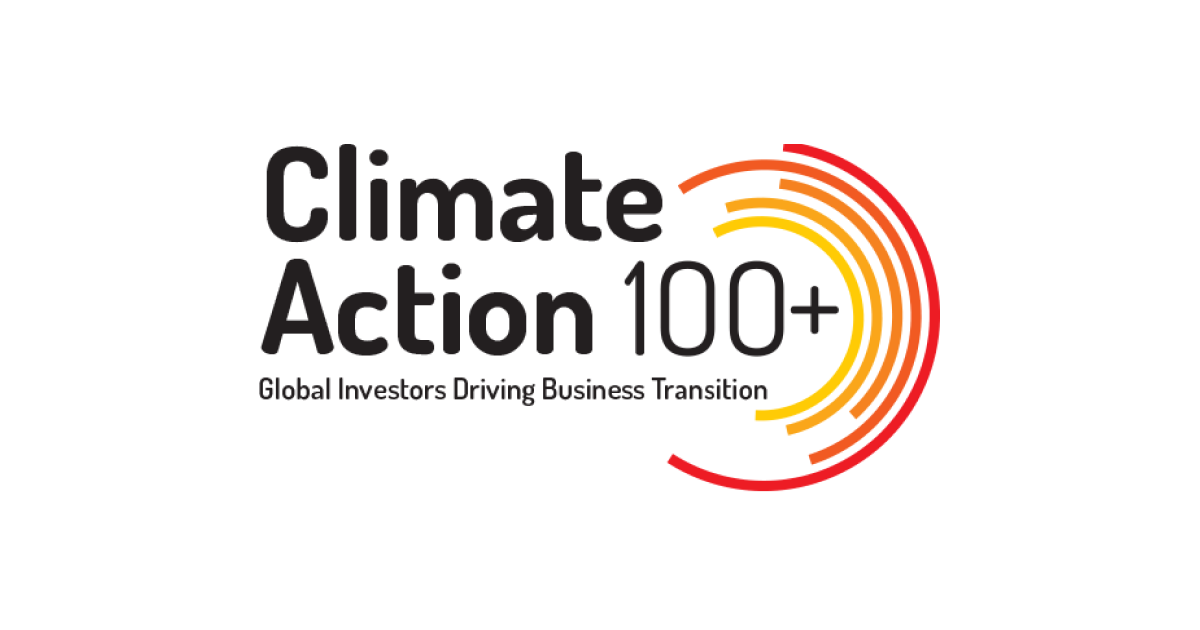- CORPGRO Newspoint
- Posts
- Soft Green Bonus or Remixed Incentive?
Soft Green Bonus or Remixed Incentive?

What’s the Story?
Last week press reported a London business school study which showed high bonus outcomes for the achievement of climate goals in Europe’s 50 largest companies.
Over 75% of these companies had carbon goals, and half paid out at 100%, with the average being 86% of maximum.
The inclusion of climate related targets in executive pay is relatively new, with many companies only adopting such targets from 2018 onwards.
Institutional investors are keen that ESG and climate in particular are linked to executive compensation. For example, Cevian Capital says that pay and carbon links should be measurable and transparent, and set with an ambition level that is sufficiently high.
Why Does it Matter?
Companies have a major role to play in the global economy reaching Net Zero by 2050, and on a glide path to keep global warming at 1.5° or less.
The Institutional investor group Climate Action 100+ has targeted over 100 of the world's largest contributors to global warming, together amounting to some 80% of the global total.
In 2022 a Harvard Law School study claimed ESG in executive compensation was poor. The main criticisms were too few targets, low weights, poor transparency and suspected soft targets.
This latest London business school study flags, that some of these Harvard criticisms might be true.
Executive compensation is a highly visible and sensitive topic. Setting climate targets which are soft, or based on poor information, might lead to a public or institutional shareholder backlash.
Allegations of soft green bonuses and other forms of green-washing might set back the strength of ambition for individual companies adopting credible transition plans already, CDP reported recently that few such plans reached their gold standard.
Newspoint View
Climate compensation is predictably a complex area as, alongside other aspects of ESG, measurement systems and definitions and performance standards are still being built and refined.
However it is essential that all companies engage fully with the global transition to net zero, and so that engagement must involve executive compensation and incentives.

At this stage of development, it is unsurprising that target setting for new climate metrics might be cautious and maybe biased in favour of the executives.
Where the bonus opportunity is based on a carbon metric which displaces incentive pay which is based on traditional financial metrics, there is no extra pay on offer. Executives might hesitate to have part of their package judged against an untried new metric with limited information and track record. In these circumstances, some tilt in their favour is fair.
Carbon and other ESG factors will become more strongly linked to incentive pay as experience expands. The three dimensions of “more, better and new” identified by CORPGRO last year will unquestionably apply. On carbon, we will expect more weight, better target setting and new and more precise definitions.
Issues include, should your carbon target be gross, or net of carbon offsets? Similarly, does the carbon target include Scope 3 measures? Further, is the metric CO2 alone, or should it be CO2e?
While some may question the robustness of the current climate pay link, these outcomes are in line with a system which is in transition.
In fact, if blame is needed, the main finger of blame should point towards the 25% or so of these companies which have yet to include a carbon measure in their executive incentive structure.
Don’t blame the good for trying badly; blame the bad for not trying at all.
CORPGRO Helps Companies With:
Please feel free to email or call:
Damian Carnell - [email protected] +44 (0) 7989 337118
VA Bec Bostock - [email protected]
Please share this CORPGRO information with your board or your colleagues.



